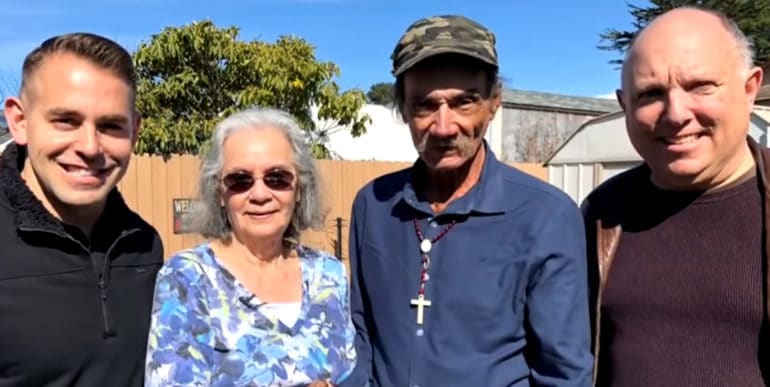A life of living on the streets is a harsh existence where kindness and compassion are often lacking and in short supply. The Bay Area of California has been hit hard by the homeless epidemic and is home to the third-largest homeless population in the United States.
Often times, these people living on the streets are ignored by society and forced to beg for food or a little bit of money just to get by on. Mick Myers was one of those downtrodden individuals, but an encounter with a police officer would soon send him and the officer on a path that would change both of their lives for the better.
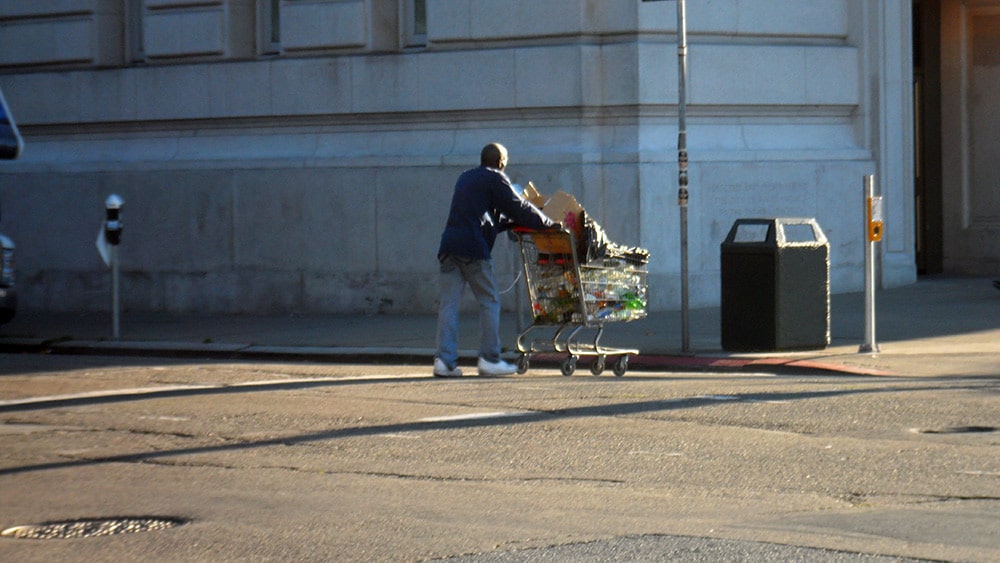
30 years on the streets
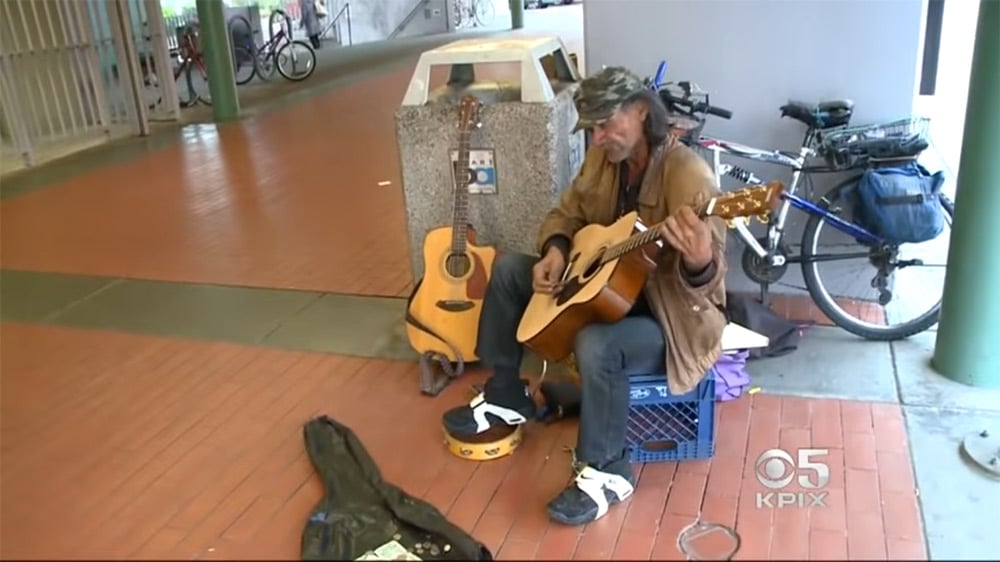
Thirty years is a long time and for three decades, Mick Myers had been living on the streets. Without friends or family, Mick had nobody to turn to for help and he would hope to get by from panhandling and playing his guitar on the streets. He’d belt out “Sweet Home Alabama” and other songs, but he was usually ignored. “Most of the people just hurry by and don’t even give me a glance,” he told a local news station.
Mick wasn’t always homeless, of course, but his life was tough from the very beginning.
The early years of Mick’s life

When Mick was just a small baby, he was adopted by a family in San Leandro, California. Even though his adoptive mother loved and doted on him, he never developed much of a bond with his other siblings.
Even though Mick was loved by his mother, the rest of the family didn’t share the same affection for Mick. Understandably, this was hard for him and he often spent time alone in his room, isolated and feeling lonely and left out. This isolation would sadly become a theme for most of Mick’s life and times would become even worse for him as an adult.
Mick was without a connection to his past
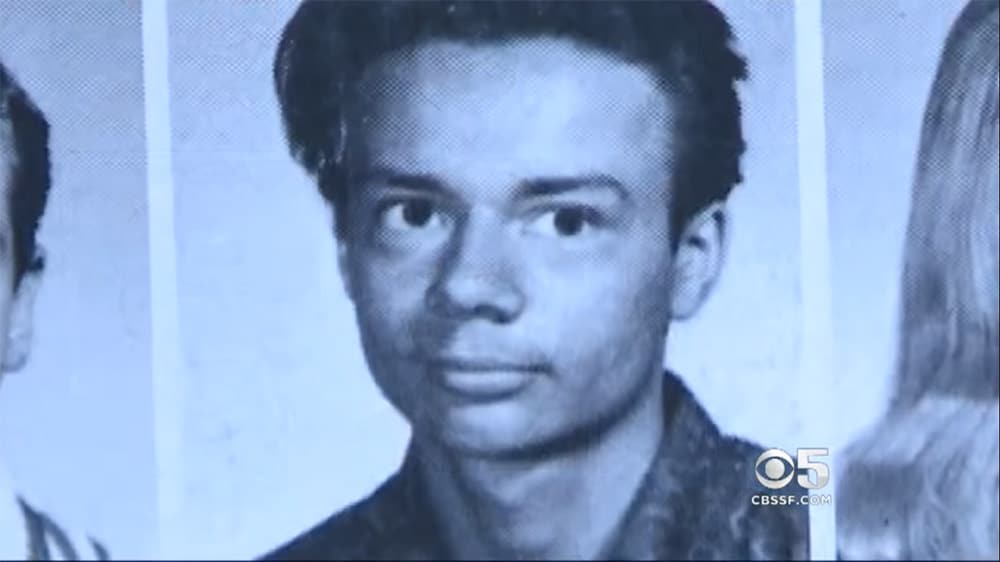
Eventually, as Mick got older he felt more isolated and drifted away from the friends he had in high school. Because he never had much of a bond with his siblings, Mick had nobody to turn to once his mother passed away. To complicate matters even further, Mick didn’t learn that he was adopted until he was 16 and even then there was little that his adoptive parents could tell him about his biological mother. He simply didn’t have any connection to who he was.
Alone and adrift in confusion
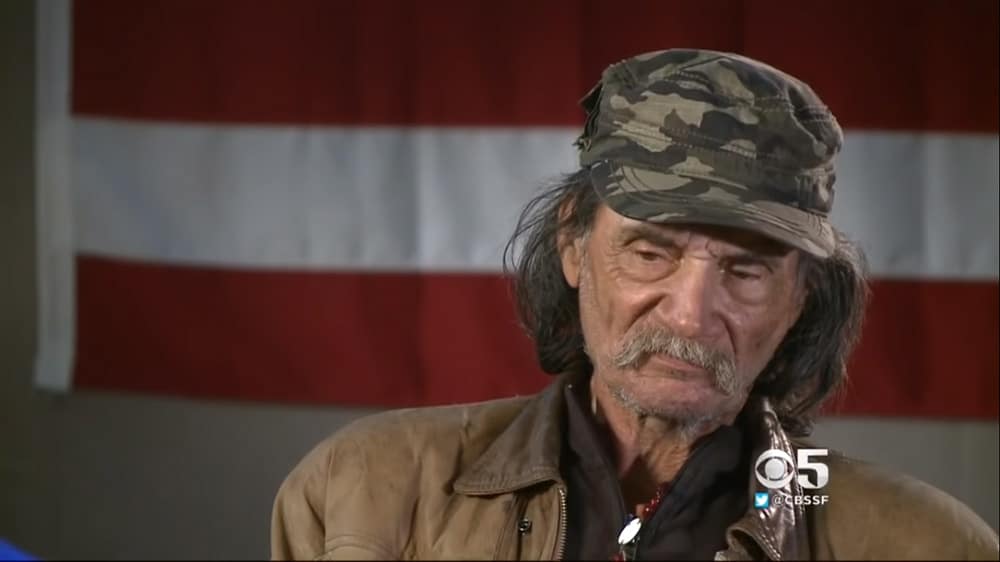
After Mick’s adoptive parents passed, his siblings essentially cut off their contact with Mick and turned away from him. Without a solid support system, Mick set out into the world to look for work and eventually picked up work as a truck driver. It was a steady paycheck, but hardly provided much in the way of the socialization that Mick desperately needed. Life on the road was a lonely one and it would, unfortunately, get even worse.
A lost job kickstarts a downward spiral
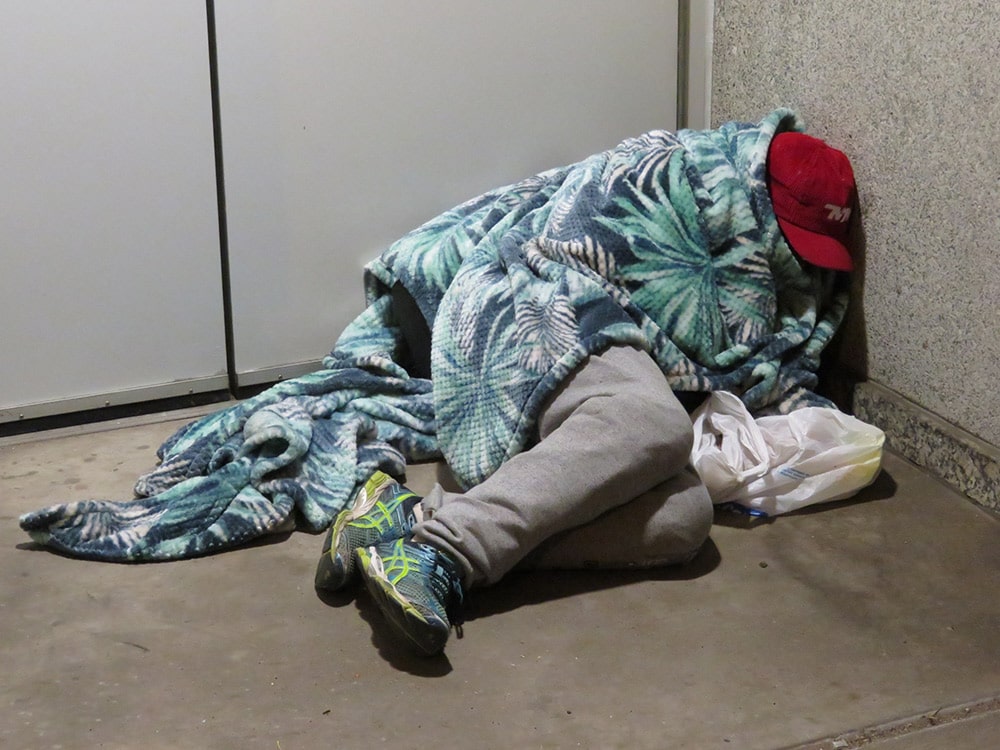
It’s all too easy for society to blame homelessness on drug and alcohol abuse, mental illness, or simply a lack of motivation. Those factors can play a part in many cases, but just as often a person’s situation is more complicated and there are numerous factors at play that have left them destitute.
For Mick, with only a high school education and no family or friends to help him out, the little money he had from truck driving didn’t go far when he lost his job. He soon found himself homeless “living a life as alone as a person could possibly be.” That would be his life for nearly 30 years before things took an upturn.
Mick was just one of 28,000 homeless people on the street
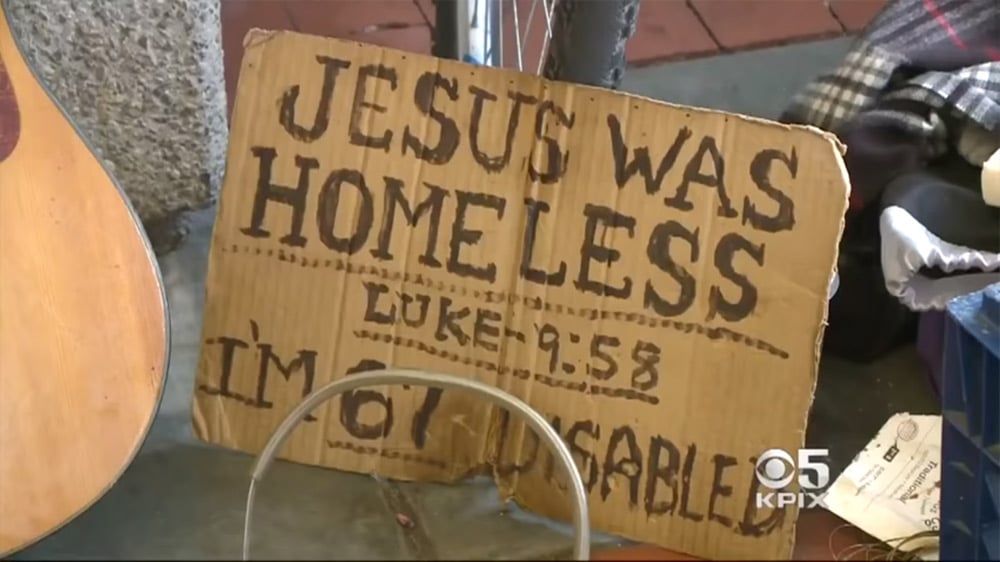
Mick would set up his cardboard sign, and take out his guitar to sing for some spare change, but it never amounted to much. Sometimes he’d get a hot meal at one of the Bay Area’s homeless shelters, but with over 28,000 homeless people in the area, there was only so much the shelters could provide. Eventually, a policeman who routinely told Mick to stop panhandling would do something that altered Mick’s life forever.
A panhandling citation kicks off an emotional journey
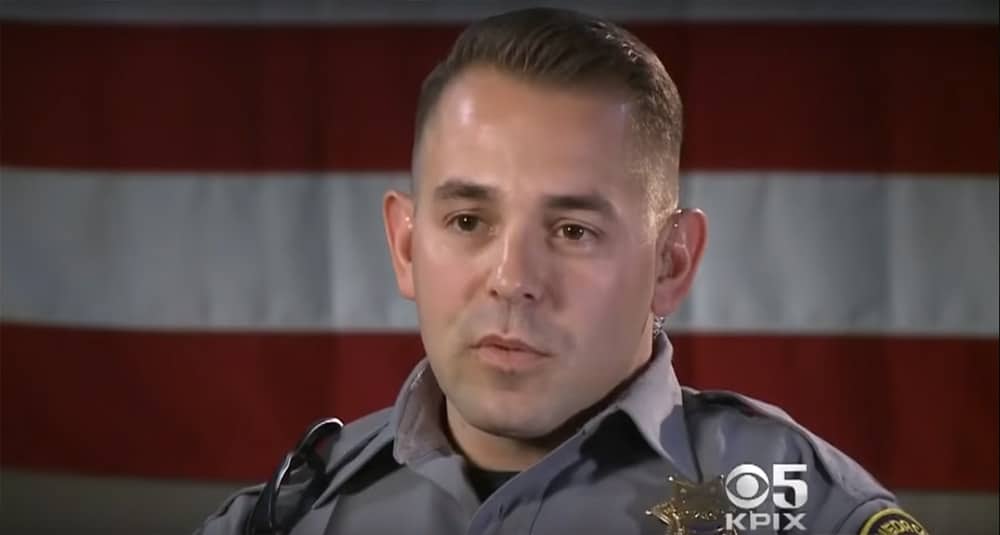
Alameda Deputy Sheriff Jacob Swalwell was used to seeing Mick around the area and regularly told him to move it along when he spotted him panhandling. It didn’t normally do much good and within a day or so Mick would be back out on the street. It’ not that he was trying to be a public nuisance, but it was all he could do to survive. Swalwell eventually decided to issue Mick a citation. “I had given him so many warnings,” recalled Swalwell. That’s when Mick told him something that sent him into action.
“Why don’t you have any ID?”
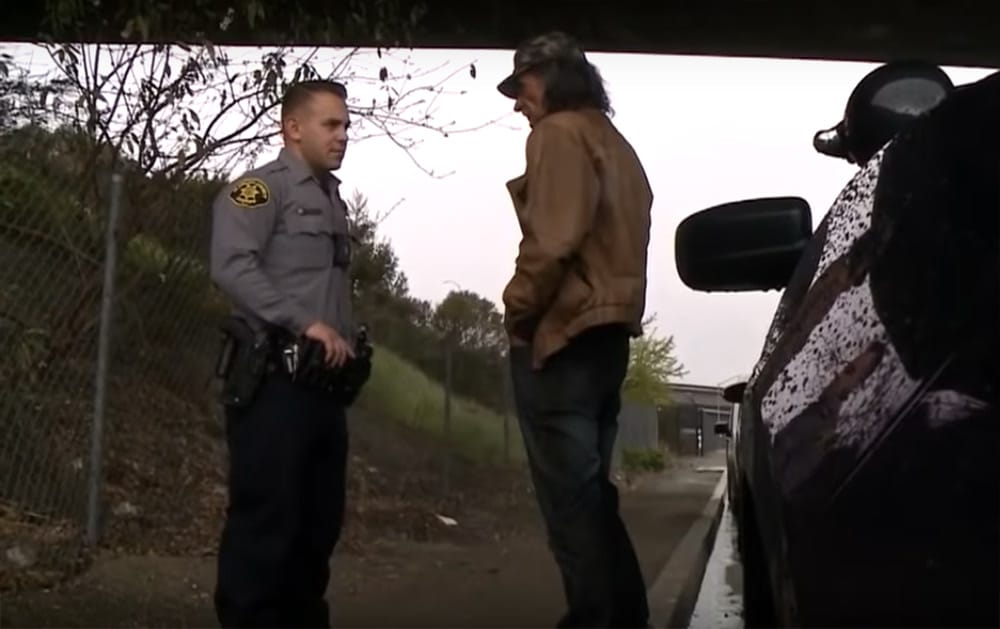
When the deputy sheriff spotted Mick panhandling near a busy a dangerous freeway he was prepared to issue him a ticket. “So I walked up to him and asked for his ID and he told me he didn’t have any ID,” Swalwell said before adding “And I said, “Why don’t you have any ID?”
That’s when the 67-year-old former truck driver and the 33-year-old officer began talking and Mick told him about his life. Swalwell eventually learned just how destitute Mick was and wanted to help.
A senior citizen down on his luck who needs help

As Swalwell told the local news in an interview, “I learned more, that he was disabled and had been homeless for 30 years.” Swalwell learned that Mick was neither a drug abuser or drinker — he didn’t even smoke! “He was just a senior citizen on his own.” And because he didn’t even have an ID, he couldn’t apply for social security benefits.
Swalwell had a change of heart and told Mick that he was going to help him get his ID. The young officer would soon find out that was easier said than done.
Getting Mick’s ID wasn’t going to be easy

Getting Mick some proper identification wasn’t an easy task. Sure, he had once had a driver’s license while driving a truck, but that was decades ago. The DMV informed Mick and officer Swalwell that they simply had no records of him. “How does a homeless person come up with two forms of proof of residency?” asked Swalwell. It was most certainly a roadblock, but not one that would throw Swalwell’s mission off course for good.
A birth certificate leads to an ID card and even BIGGER mission

Deputy Sheriff Swalwell was able to call upon his pastor to help out Mick while he set about tracking down the man’s birth certificate. It would take some time, but he eventually found it and Mick learned that quite a surprise. He’d actually been born in Oakland and given the name Gordon Michael Oakley. Finally, Mick had his legal ID and could begin getting the proper benefits that he deserved.
A change of perspective and local news attention

“We both realized at the same time that there is a real person there and not just the stereotype we saw when we first met each other,” Mick said.
The local media ran a news story on the officer’s kindness and Mick’s quest to get an ID. It was a touching story that captured viewers in the Bay Area and not long after, one viewer took notice. Neither Deputy Sheriff Swalwell, nor Mick, were ready for what would happen next!
A local viewer soon joins the two men on a life-changing journey

Mick’s story of finding out who he was may have started beside a busy freeway, but that was hardly where it would end. Mark Askins had seen the story about Mick finally getting his identification and it pulled at his heartstrings. “He kept referring to ‘I’m lonely, I don’t have anybody in my life’,” recalled Askins.
He was clearly moved by Mick’s story and Swalwell’s dedication. Perhaps there was a way he could help as well?
The private investigator stumbles upon a name!

Askins is a private investigator who volunteers for the nonprofit Miracle Messages and helps people find their lost relatives. Upon hearing Mick’s story, he thought that he might be able to help the man locate any possible living biological relatives. “There’s always somebody in our lives who we think about as we fall asleep at night,” Askins said. And the PI wanted to find out who was thinking about Mick.
With Mick’s blessing, Mark Askins soon got to work combing through old microfilm and ledger books at the Alameda county courthouse. Soon, he discovered a name — Marie Pauline Oakley.
Mick’s story begins in Tennessee

It was through looking at old microfilm that Askins began to piece together the story of Mick’s mother and how he went up for adoption. It was revealed that just 16, Marie had married a young sailor in Reno and became pregnant. Without much money, the pair moved to Tennessee where the sailor’s family had lived. Unfortunately, life in the Smokey Mountains wasn’t all the young couple had hoped it would be.
No crib for a babe

Marie had undoubtedly hoped for a happy marriage, but the couple was broke and living in a small shack. To make matters worse, Marie became pregnant again. Life hardly improved. “There was a bed for me to sleep in, but there was no crib for the baby. I had to put two chairs together and put a food locker on it,” she would eventually tell reporters.
“I had to do what was best for him”

With little to eat and an unhappy marriage, Marie eventually took her two young children and returned home to California. Marie’s mother could see by her daughter’s thin and malnourished frame that she had escaped a poor life and she petitioned to get the marriage to the sailor annulled.
At the age of two, Marie would learn that Mick had a life-threatening hole in his stomach and the family simply didn’t have the money to give him the healthcare he needed. The best option seemed to be giving the young child up for adoption. “My back was against the wall. I had to do what was best for him.”
